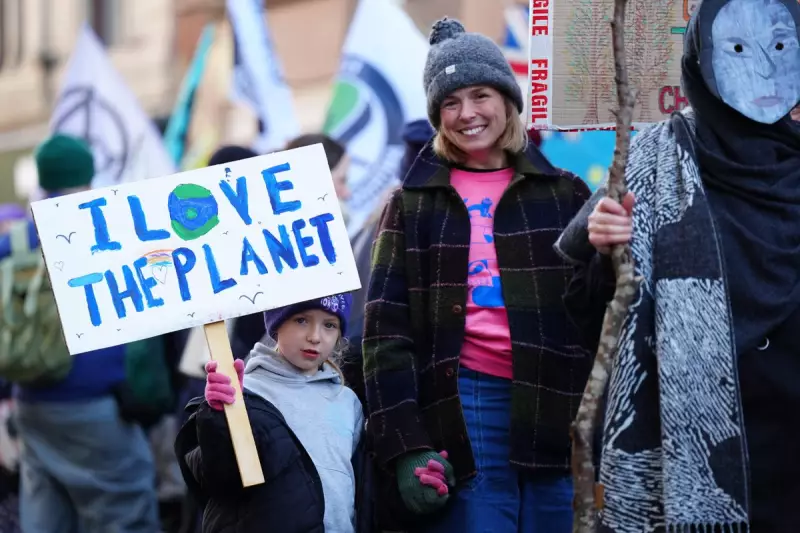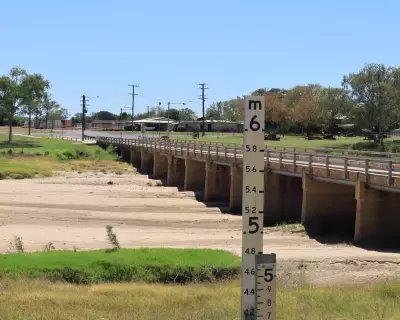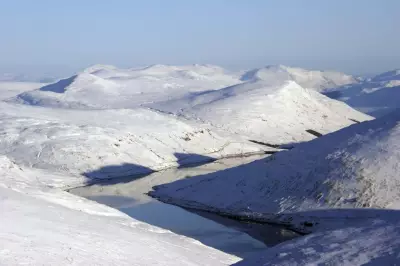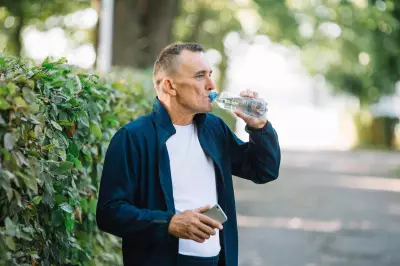
Thousands of demonstrators flooded the streets of Glasgow on Saturday in what organisers called the city's most significant climate protest since the COP26 summit four years ago. The massive gathering, orchestrated by Friends of the Earth Scotland, saw participants march from Glasgow Green through the city centre as part of a global day of action coinciding with the COP30 climate talks in Brazil.
A Diverse Coalition for Climate Justice
The atmosphere was charged with purpose as campaigners of all ages, including numerous children, carried banners and chanted slogans demanding transformative environmental action. Leading the procession was a prominent banner declaring "a better world is possible", setting the tone for the event. Extinction Rebellion activists contributed a mobile sound system, while a choir creatively adapted Christmas carols to protest against the controversial Rosebank oil field development west of the Shetland Isles.
Among the vivid displays of dissent was an activist wearing a Donald Trump mask holding a placard that read "it's capitalism, ya eejits". Meanwhile, groups of young children passionately chanted "Stop Rosebank, the planet is for everyone" as they moved through the urban landscape. The protest also featured strong shows of international solidarity, with many participants carrying Palestinian flags to support people in Gaza.
Voices from the Ground: Why People Marched
Ben Williams, a 36-year-old university worker and father of two from Glasgow, attended with his six and three-year-old daughters. "I have come today to show my children about activism and support in numbers," he explained. "They enjoy going to protests. I'm hoping this will make politicians listen."
Emma Henry, 41, also from Glasgow, expressed her motivation for joining the demonstration: "I came today because this is so important. I feel so helpless about what is happening with the climate crisis, it is terrible. It is good to be together at a time which is so isolated and divided."
The rally featured speeches from prominent figures including Dave Moxham, deputy secretary of the Scottish Trades Union Congress (STUC), and Peter Kelly, chief executive of the Poverty Alliance. They were joined by local campaigners focusing on transport and migrant justice issues.
Organisers Demand Political Action and Systemic Change
Caroline Rance, head of campaigns at Friends of the Earth Scotland, emphasised the significance of the turnout: "People came out in huge numbers to demand that better world we know is possible. There is energy and enthusiasm to make transformative change happen, all it requires is the political will."
She connected the climate crisis to broader social issues, noting that "public concern about climate breakdown remains really high and people recognise that the challenges our communities face from Palestine to the Amazon are deeply connected." Rance advocated for practical solutions that would "improve lives in Scotland, tackling poverty by ensuring every home is well insulated, bus services are reliable and affordable and the energy transition is creating decent green jobs in communities."
The protest represented a coalition of various grassroots organisations, including the Climate and Migrant Justice Organising Group and the Gaza Genocide Emergency Committee. Nick Cullen from the former group stated: "We joined this march because we must stand together against the deepening hostile environment, far right violence, and the erosion of climate action. Today showed that in these challenging times, our communities are stronger and more powerful when we come together."
John Hilley of the Gaza Genocide Emergency Committee in Glasgow drew direct parallels between environmental and humanitarian crises: "Genocide and ecocide are part of the same assault on people and planet. We must act together and with urgency against the same corporate and political forces behind those existential threats."
The demonstration on 15 November 2025 marked a significant resurgence of public climate activism in Glasgow, echoing the scale of mobilisation seen during the COP26 conference in 2021, and sending a clear message to policymakers about the growing public demand for urgent environmental action.





